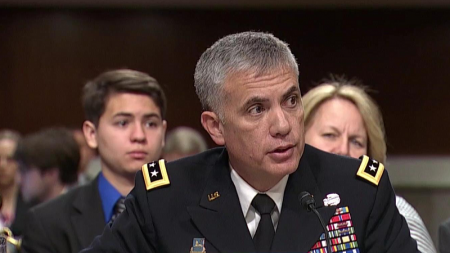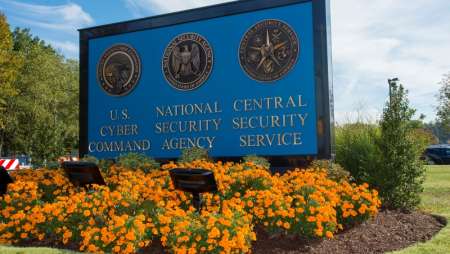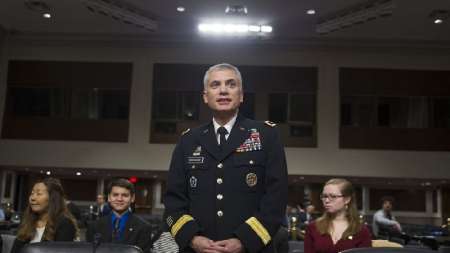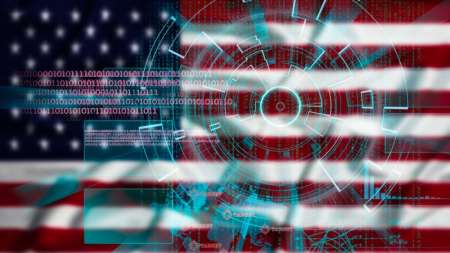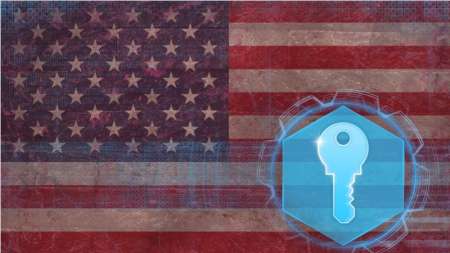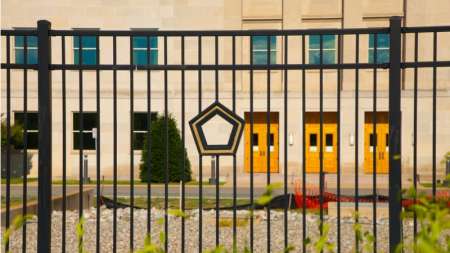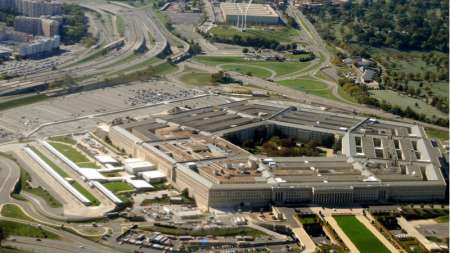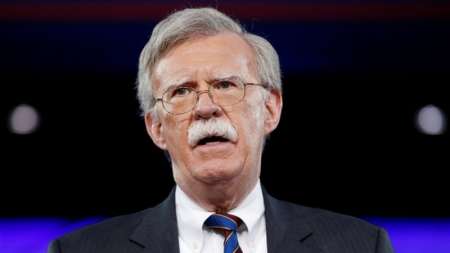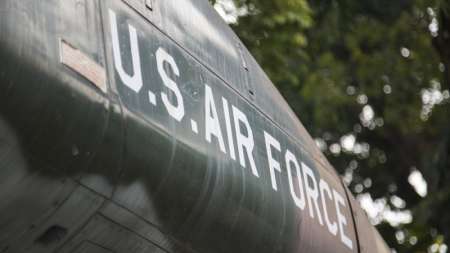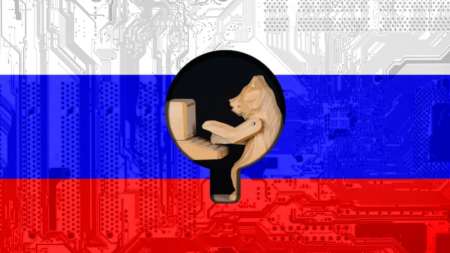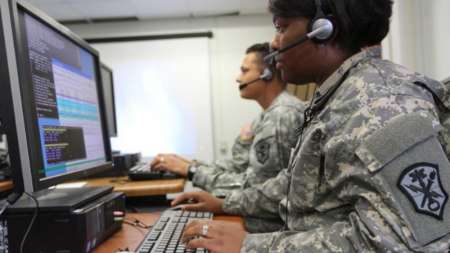Gen. Paul Nakasone, head of U.S. Cyber Command (CYBERCOM), appointed Navy Vice Adm. Ross Myers as deputy commander of CYBERCOM and promoted Myers to the rank of vice admiral on Memorial Day, May 27, Politico reported today. […]
A new research piece from the Heritage Foundation argues in favor of retaining the current dual-hat command structure for the National Security Agency and U.S. Cyber Command, currently headed by Gen. Paul Nakasone. […]
Two members of the House Armed Services Committee said at a hearing on Wednesday they support continuation of the “dual-hat” command structure which finds Gen. Paul Nakasone heading both U.S. Cyber Command and the National Security Agency. […]
Gen. Paul Nakasone, head of U.S. Cyber Command and the National Security Agency (NSA), discussed how the recent shift in Federal cybersecurity strategies enabled a stronger response to foreign adversaries. […]
The United States Transportation Command (USTRANSCOM) is working to improve cybersecurity infrastructures to prevent breaches of industry partners, like those of USTRANSCOM contractors that began June 1, 2012 and resulted in 20 successful intrusions over a period of 12 months by Chinese hackers. […]
If you’re just regular people, the answer is probably not. […]
Senior Defense Department officials told House members on Tuesday they are taking additional steps to boost cybersecurity workforce ranks at the Pentagon through means including the Cyber Excepted Service (CES) personnel system authorized in 2016 that allows DoD to expedite and simplify recruiting and hiring for civilian cyber professionals. […]
Gen. Paul Nakasone, director of the National Security Agency and head of U.S. Cyber Command, told senators today he was optimistic about the future of U.S. cybersecurity, but also warned that Russian attempts to influence U.S. elections remain a threat. […]
The National Security Agency and Central Security Service inducted five new individuals to the NSA/CSS Hall of Honor on Nov. 28, according to a Dec. 7 NSA/CSS press release. […]
The Department of Defense’s Inspector General took the agency to task in a Nov. 8 report that says four DoD components failed to fully implement the 2015 Cybersecurity Information Sharing Act (CISA) which aims to encourage sharing of cybersecurity threat data between the government and the private sector. […]
The United States is finally making no bones about its willingness to go after adversaries in cyberspace. […]
The U.S. Air Force announced Monday that it selected Northrop Grumman for a $54.6 million contract to provide U.S. Cyber Command with a unified platform that manages cybersecurity processes–both offensive and defensive operations. […]
In an effort to halt the spread of election disinformation online, United States Cyber Command (USCYBERCOM) is telling Russian operatives that American operatives have identified who they are and are tracking their efforts. The campaign is the first known overseas cyber operation to protect American elections, according to the New York Times which first reported the story. […]
The Senate Armed Services Committee’s cybersecurity and personnel subcommittees held a joint hearing today to examine the cyber operational readiness of the Department of Defense and heard from leaders of both the military and civilian side of the DoD cyber force about the mounting challenges they face. […]
General Paul Nakasone, Commander of U.S. Cyber Command, discussed on Thursday how the service is shifting its strategy and writing the “fifth chapter” of the command’s history to address the “great powers” competition in cyberspace. […]

